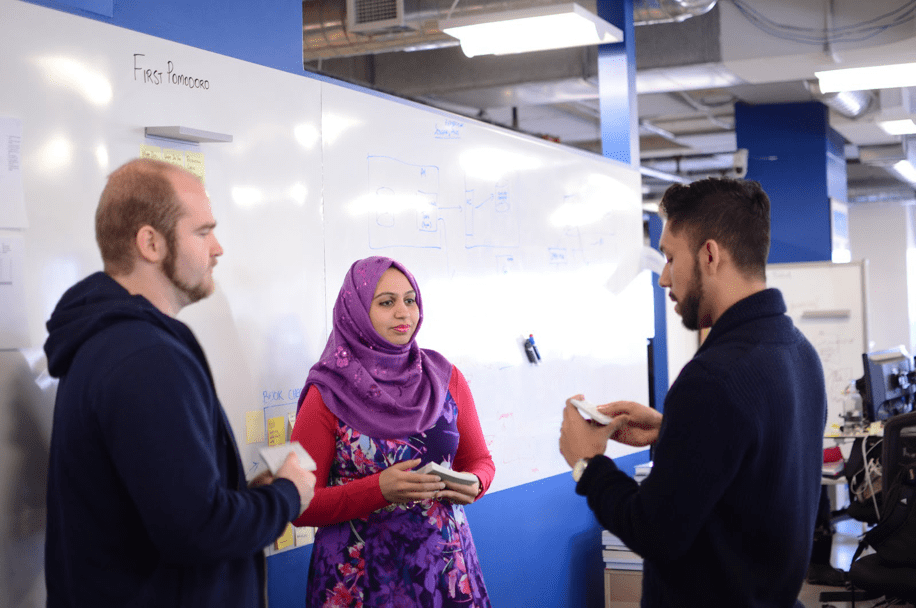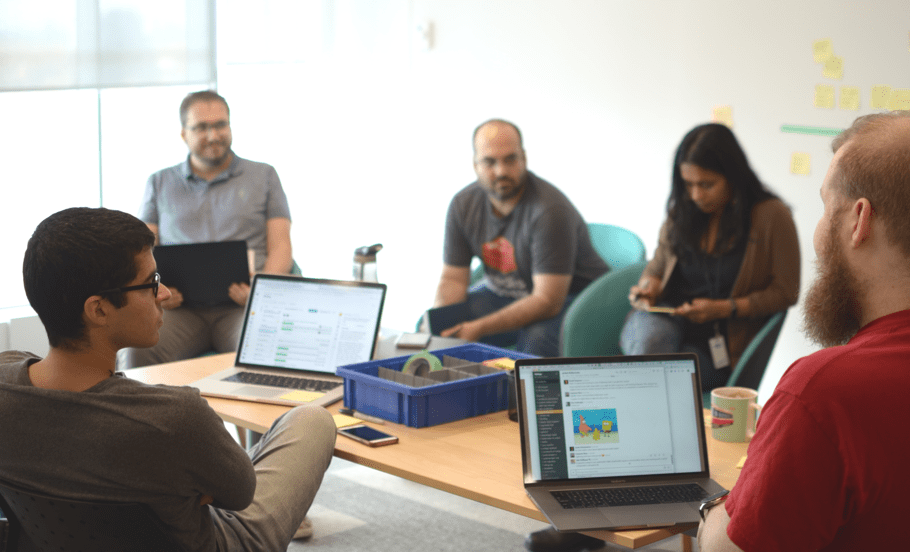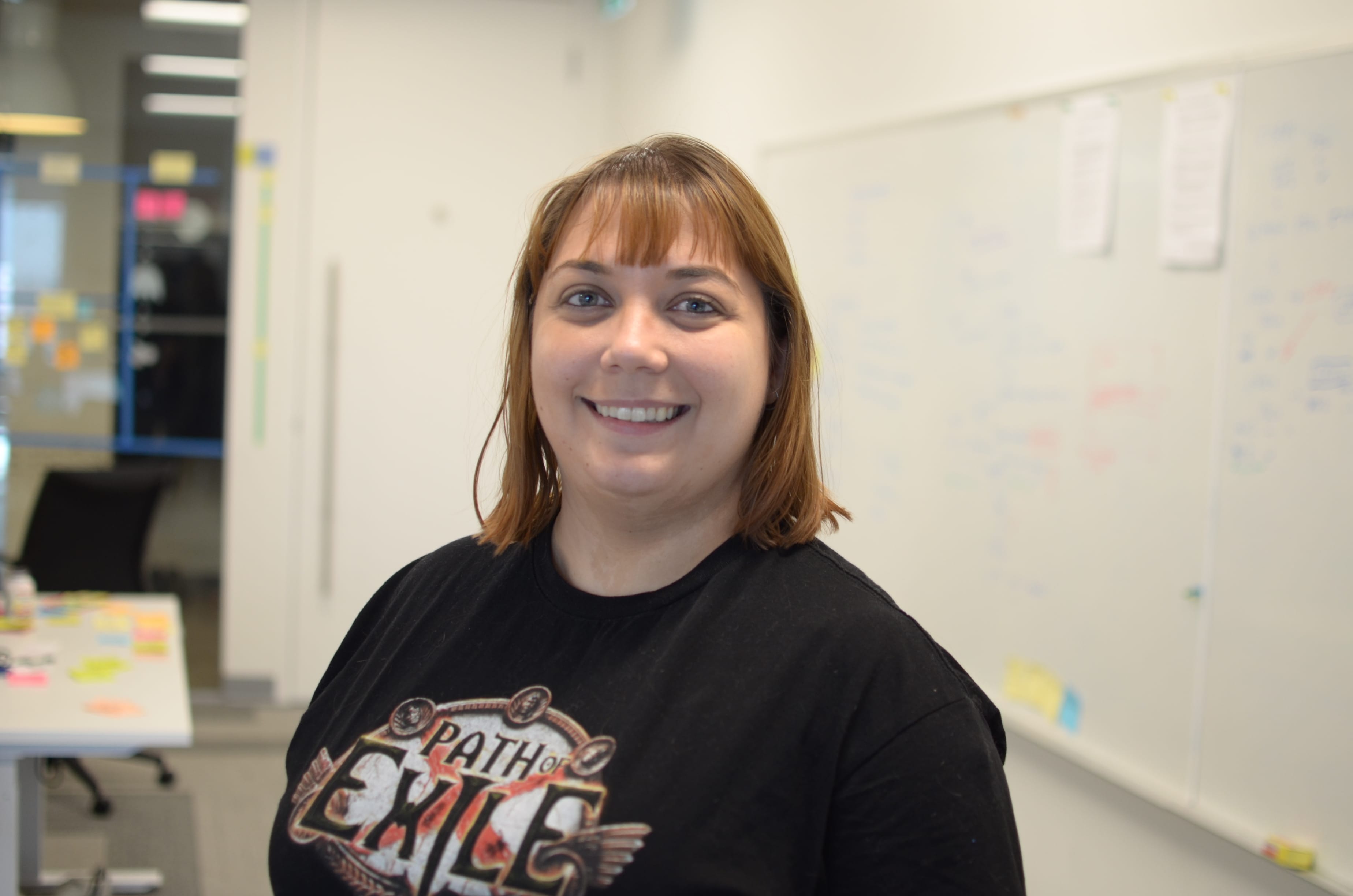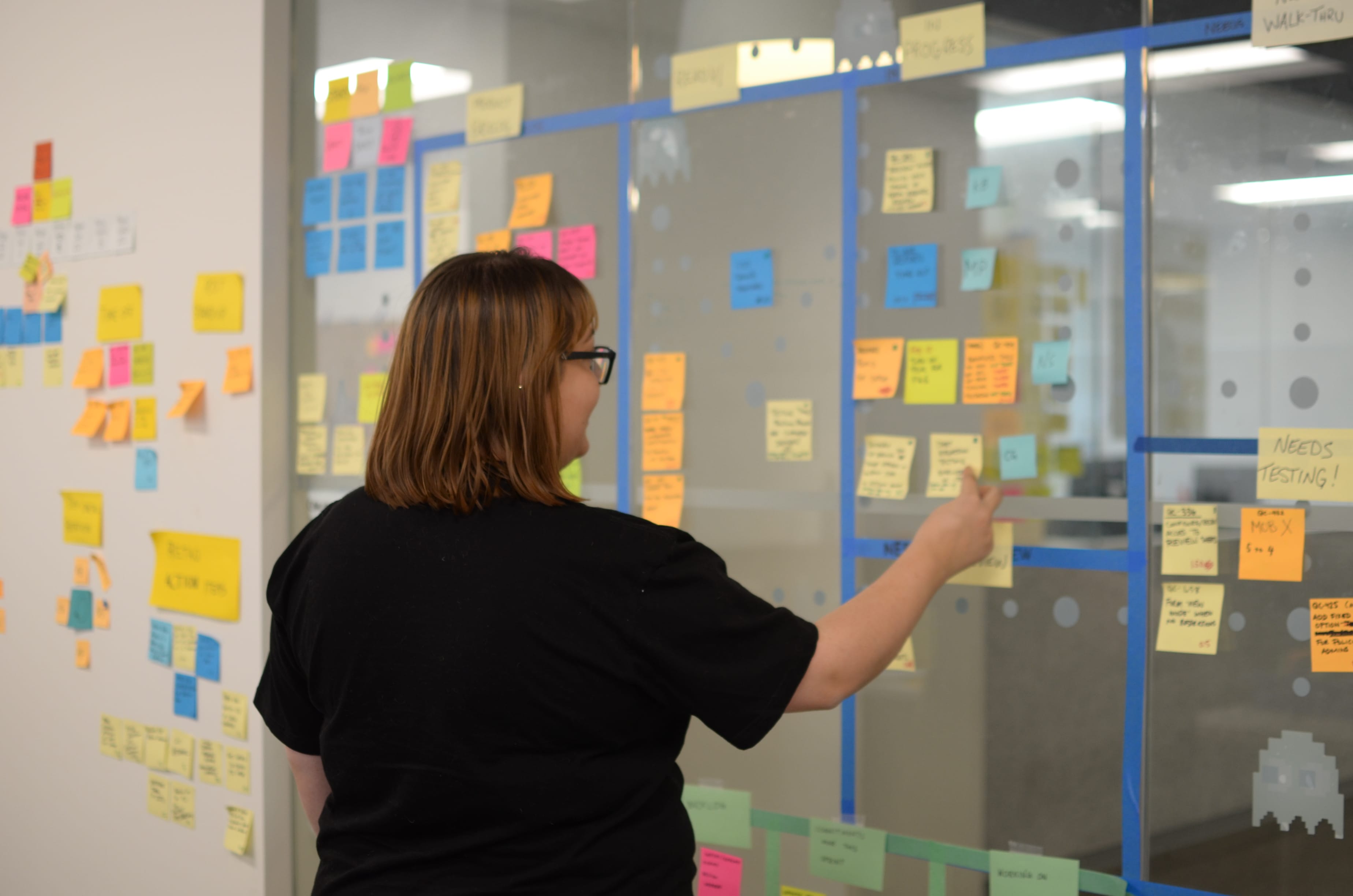Skillfull Individuals
Intersection of Craft + Learn
A Nulogy story of personal growth and learning
Read about Stable Systems →

“We already had book clubs and such at Nulogy, but we wanted something more regular, lightweight, and fun.”

My team started talking about fast tracking our learning. What could we do to overcome our blind spots? How could we absorb new information in novel ways?
We already had book clubs and such at Nulogy, but we wanted something more regular, lightweight, and fun. So we devised an experiment that we called the First Pomodoro. The name came from the decision to have our first 25 minutes of the day be devoted to learning before standup. It was easy. We would ask each other the following questions:
- What did you learn yesterday?
- What do you want to learn or apply today?
- Retention check - quiz based reinforcement through spaced repetition.
Throughout the week, we would each read books on our own time and come to The First Pomodoro where we would share our learnings. The act of sharing is a powerful way of reinforcing what we have read, and the discussions and quizzing helped all of us retain the knowledge.

Every morning was like a game. We’d come in excited to share what we’d learned the previous day. During this process, I learned so much. The mental models I now have drastically shifted my software development approaches, for the better.
If this is the effect of only a few months, how different will I be in one year? How much further ahead in my software development career will I be? I can even begin to imagine. Nulogy’s learning culture is really unique. Everyone here is excited to level up their craftsmanship practices. I took advantage of this, and it made me a much stronger developer.





Stable Systems
Intersection of Craft + Collaborate
A new team decreased end-to-end test time by hours
Read about Strong Teams →

“You can feel safe making changes and moving fast. We’re proud to say that we have about 90% code coverage in our testing.”

In 2018 we put together a new team, the Developer Accelerator. This was an investment into increasing technical safety on teams, and improving development efficiency.
One recent win is improving the speed of Nulogy’s test runs. We have made our CI system more stable, and as a result, the Developer Accelerator has been able to speed up end-to-end tests from over two hours to less than seven minutes.
It means you are safe to make changes to the software, and that the system is going to tell you that it is broken much faster. With the right automation, we’ve ensured that our system prevents the destruction of important work.

You can feel safe making changes and moving fast. We’re proud to say that we have about 90% code coverage in our testing. And that’s just unit tests, that number doesn’t even include acceptance tests.
All of this is just one example as to how we’ve made our deployment process much faster, so we can build safety and experiment quickly.





Strong Teams
Intersection of Learn + Collaborate
Revamping our developer onboarding to build strong connections
Read about Skillful Individuals →

“Our goal was to make onboarding a tailored learning experience to get new Nulogite developers up to speed with our domain, agile practices, and development standards, consistently.”

Melissa:
I’ve been a developer for about 7 years now. Most of that time was spent working in South Africa. Nulogy is my first job in Canada.
From the start, I could tell that Nulogy was going to be very different than what I was used to. Part of my interview here involved pair programming. I’d never done that before. I’d never worked in an agile environment either. Previously I had always written code alone. I didn’t consider software development to be a collaborative activity. Now, having worked at Nulogy I’ll never go back to that style of working again. Nulogy changed the way I feel about building code as a team.
This was in large part due to the onboarding program I went through. I was partnered up with a buddy who was there to get me up to speed with our engineering practices like pair programming, test-driven development, and our software development lifecycle. But it was more than just going through these practices in a slidedeck. We had workshops, field trips, retros, and weekly check-ins with a lot of opportunity for my team members to give me explicit feedback on my onboarding.

Chris (featured at bottom):
It hasn’t always been like this. There used to be a time where our onboarding program at Nulogy was not very good. Developers would tell us that there wasn’t enough explicit support to get them up to speed on Nulogy’s domain, or engineering practices and the onboarding felt like sink-or-swim.
A handful of us decided to revamp the whole process from scratch.
Our goal was to make onboarding a tailored learning experience to get new Nulogite developers up to speed with our domain, agile practices, and development standards, consistently. We realized that developers have different learning styles and their own learning objectives. If a developer wanted to be better at Rails, we made sure that there are multiple resources for learning the same thing: readings, or more tactical practice exercises.
We built out information about organizational tools, an industry overview, a tour of our customer facilities, walking through organizational charts. We made sure the team was bonding by scheduling intro lunches, and teaching consensus building tools. We talked about engineering practices, and learning practices like having a growth mindset.
We did this through:
- A system of different resources including a coach, Buddy, on-boarding coordinator
- A regular onboarding retrospectives (sharing in success, improvement in practice, agility in everything, leadership)
What’s really exciting is that many developers have completed this new onboarding program. Our ramp-up time has moved from 6 months to about 1 month, and lots of developers like Melissa tell us that this is the best onboarding they have ever been to. It’s not just the new developers that are learning, we’re learning too and are constantly improving our onboarding program through feedback from developers who have been through it. I can’t wait to see what changes you bring to our onboarding program!


























